homework
Japanese kids can exercise their mouths and minds by participating in a contest to brainstorm ideas about the future.
Trapped and with his life hanging in the balance, this calm-and-collected Chinese student took the opportunity to get his math drills done.
As a kid, the end of summer was always the worst time of the year. It meant that your days of sleeping in late, playing video games and riding around outside on your bike were coming to an end, and the new school year was right around the corner.
So who better to remind all the kids in Japan that summer vacation is almost over than the official Japanese PlayStation Twitter account? When they sent out a tweet asking “Have you finished your summer homework?”, they got some pretty hilarious, and rightly deserved, responses.
The following is a typical scene that many families in Japan will have recently experienced, and probably not for the first time: It’s August 31, the last day of summer vacation and the fall semester is starting in less than 24 hours. The kids who played all month suddenly realize that they have to do 40 pages of kanji and math drills, write a book report for a book they haven’t read, and fill in 30 days’ worth of journal entries–an assignment that they dutifully kept up with for all of the first week of summer break. They clamor for help, and despite the scoldings and I-told-you-so’s, “nice” parents and the more responsible siblings reluctantly pitch in.
Sure, the above isn’t an exemplary approach to avoiding bad grades, but recently an even more dubious method has been getting a lot of attention: online businesses have been offering to do your child’s homework and school projects for a fee! While the homework-by-proxy racket is nothing new, recent media coverage of the growing enterprise has brought to light this questionable practice and its appalling popularity among elementary and junior high school students.
What does this teach, and not teach, future adults? Why are parents taking advantage of these services for their young children? One twisted reason will probably surprise you.
Death is indeed the final departure, but that does not mean that the echoes of our lives can’t have some lasting effects on the lives of those who survive us. One Japanese school teacher understood that he was nearing the end of his time on earth and did what he could to dispel the certain grief of his beloved students the only way he knew how. He gave them one last homework assignment.
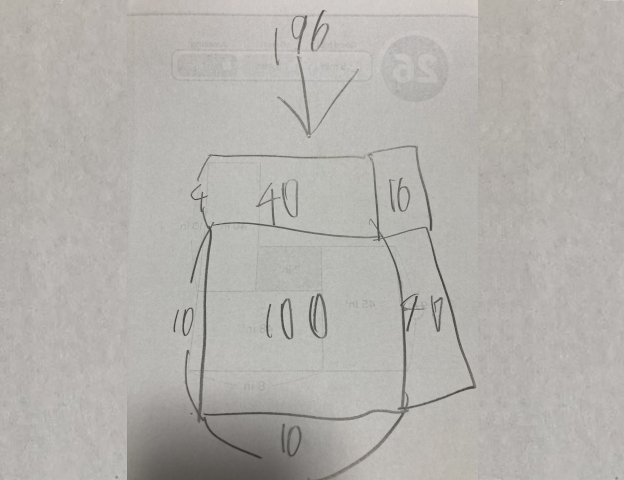



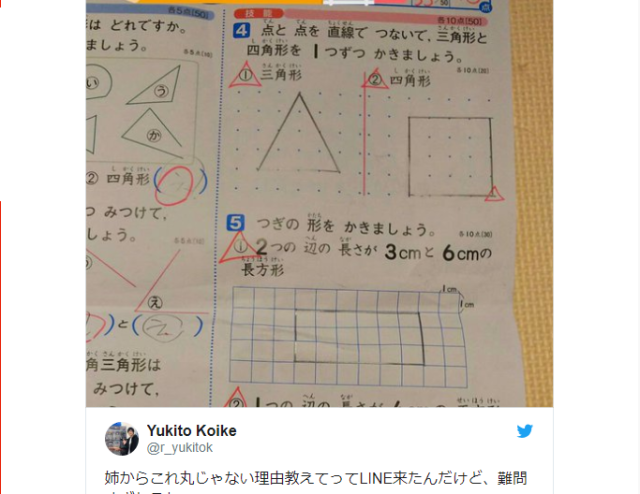
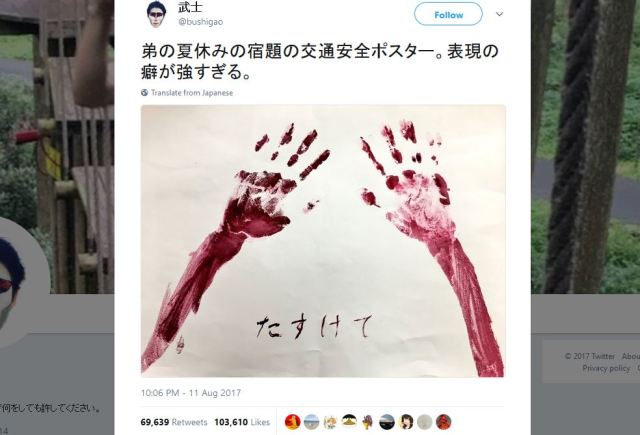



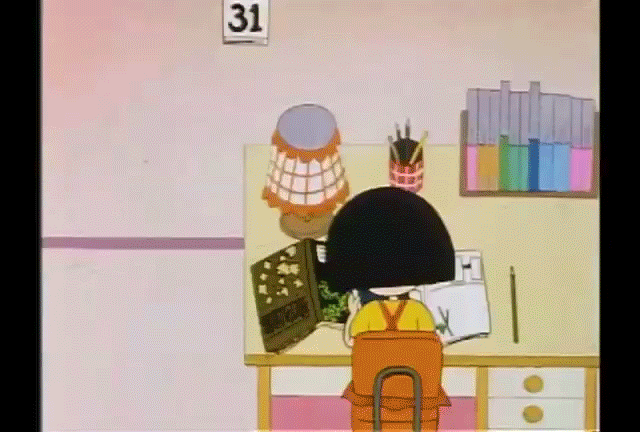
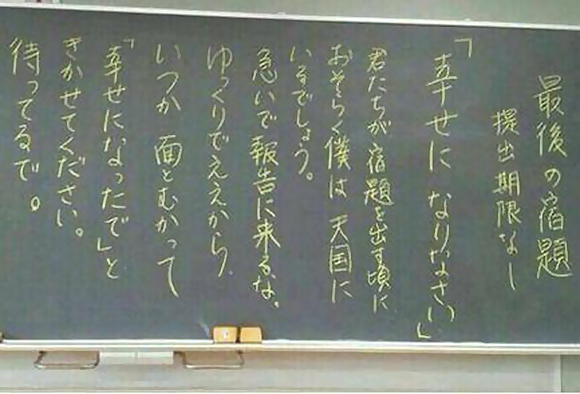
 McDonald’s new Happy Meals offer up cute and practical Sanrio lifestyle goods
McDonald’s new Happy Meals offer up cute and practical Sanrio lifestyle goods All-you-can-drink Starbucks and amazing views part of Tokyo’s new 170 meter-high sky lounge
All-you-can-drink Starbucks and amazing views part of Tokyo’s new 170 meter-high sky lounge More foreign tourists than ever before in history visited Japan last month
More foreign tourists than ever before in history visited Japan last month Beautiful Sailor Moon manhole cover coasters being given out for free by Tokyo tourist center
Beautiful Sailor Moon manhole cover coasters being given out for free by Tokyo tourist center Is the new Shinkansen Train Desk ticket worth it?
Is the new Shinkansen Train Desk ticket worth it? Starbucks reopens at Shibuya Scramble Crossing with new look and design concept
Starbucks reopens at Shibuya Scramble Crossing with new look and design concept The oldest tunnel in Japan is believed to be haunted, and strange things happen when we go there
The oldest tunnel in Japan is believed to be haunted, and strange things happen when we go there Arrest proves a common Japanese saying about apologies and police
Arrest proves a common Japanese saying about apologies and police Tokyo has a cafe lounge that’s for negative people only
Tokyo has a cafe lounge that’s for negative people only Commercial reveals what some LGBT individuals go through in Japan
Commercial reveals what some LGBT individuals go through in Japan Disney princesses get official manga makeovers for Manga Princess Cafe opening in Tokyo
Disney princesses get official manga makeovers for Manga Princess Cafe opening in Tokyo We try out “Chan Ramen”, an underground type of ramen popular in the ramen community
We try out “Chan Ramen”, an underground type of ramen popular in the ramen community Beautiful new Final Fantasy T-shirt collection on the way from Uniqlo【Photos】
Beautiful new Final Fantasy T-shirt collection on the way from Uniqlo【Photos】 Foreign English teachers in Japan pick their favorite Japanese-language phrases【Survey】
Foreign English teachers in Japan pick their favorite Japanese-language phrases【Survey】 There’s a park inside Japan where you can also see Japan inside the park
There’s a park inside Japan where you can also see Japan inside the park Japanese convenience store packs a whole bento into an onigiri rice ball
Japanese convenience store packs a whole bento into an onigiri rice ball Studio Ghibli releases Kiki’s Delivery Service chocolate cake pouches in Japan
Studio Ghibli releases Kiki’s Delivery Service chocolate cake pouches in Japan Japan’s bone-breaking and record-breaking roller coaster is permanently shutting down
Japan’s bone-breaking and record-breaking roller coaster is permanently shutting down New definition of “Japanese whiskey” goes into effect to prevent fakes from fooling overseas buyers
New definition of “Japanese whiskey” goes into effect to prevent fakes from fooling overseas buyers Foreign passenger shoves conductor on one of the last full runs for Japan’s Thunderbird train
Foreign passenger shoves conductor on one of the last full runs for Japan’s Thunderbird train Our Japanese reporter visits Costco in the U.S., finds super American and very Japanese things
Our Japanese reporter visits Costco in the U.S., finds super American and very Japanese things Kyoto bans tourists from geisha alleys in Gion, with fines for those who don’t follow rules
Kyoto bans tourists from geisha alleys in Gion, with fines for those who don’t follow rules Studio Ghibli unveils Mother’s Day gift set that captures the love in My Neighbour Totoro
Studio Ghibli unveils Mother’s Day gift set that captures the love in My Neighbour Totoro Domino’s Japan now sells…pizza ears?
Domino’s Japan now sells…pizza ears? New Japanese KitKat flavour stars Sanrio characters, including Hello Kitty
New Japanese KitKat flavour stars Sanrio characters, including Hello Kitty Sales of Japan’s most convenient train ticket/shopping payment cards suspended indefinitely
Sales of Japan’s most convenient train ticket/shopping payment cards suspended indefinitely Sold-out Studio Ghibli desktop humidifiers are back so Totoro can help you through the dry season
Sold-out Studio Ghibli desktop humidifiers are back so Totoro can help you through the dry season Japanese government to make first change to romanization spelling rules since the 1950s
Japanese government to make first change to romanization spelling rules since the 1950s Ghibli founders Toshio Suzuki and Hayao Miyazaki contribute to Japanese whisky Totoro label design
Ghibli founders Toshio Suzuki and Hayao Miyazaki contribute to Japanese whisky Totoro label design Doraemon found buried at sea as scene from 1993 anime becomes real life【Photos】
Doraemon found buried at sea as scene from 1993 anime becomes real life【Photos】 Tokyo’s most famous Starbucks is closed
Tokyo’s most famous Starbucks is closed One Piece characters’ nationalities revealed, but fans have mixed opinions
One Piece characters’ nationalities revealed, but fans have mixed opinions We asked a Uniqlo employee what four things we should buy and their suggestions didn’t disappoint
We asked a Uniqlo employee what four things we should buy and their suggestions didn’t disappoint Princesses, fruits, and blacksmiths: Study reveals the 30 most unusual family names in Japan
Princesses, fruits, and blacksmiths: Study reveals the 30 most unusual family names in Japan Studio Ghibli’s new desktop Howl’s Moving Castle will take your stationery on an adventure
Studio Ghibli’s new desktop Howl’s Moving Castle will take your stationery on an adventure Starbucks reopens at Shibuya Scramble Crossing with new look and design concept
Starbucks reopens at Shibuya Scramble Crossing with new look and design concept The oldest tunnel in Japan is believed to be haunted, and strange things happen when we go there
The oldest tunnel in Japan is believed to be haunted, and strange things happen when we go there Arrest proves a common Japanese saying about apologies and police
Arrest proves a common Japanese saying about apologies and police Tokyo has a cafe lounge that’s for negative people only
Tokyo has a cafe lounge that’s for negative people only Commercial reveals what some LGBT individuals go through in Japan
Commercial reveals what some LGBT individuals go through in Japan From Frozen to Gandalf, Madrid’s cosplayers find inspiration in unlikely places【Photos】
From Frozen to Gandalf, Madrid’s cosplayers find inspiration in unlikely places【Photos】 First-generation Japanese Pokémon trading cards to be reissued for the game’s 20th anniversary
First-generation Japanese Pokémon trading cards to be reissued for the game’s 20th anniversary Randomly running into a great sushi lunch like this is one of the best things about eating in Tokyo
Randomly running into a great sushi lunch like this is one of the best things about eating in Tokyo New Japanese “school swimsuits” for adult women are a stylish skirted take on one-piece swimwear
New Japanese “school swimsuits” for adult women are a stylish skirted take on one-piece swimwear Twitter user captures raccoon doing a funny “feed me!” dance at Nagasaki Zoo
Twitter user captures raccoon doing a funny “feed me!” dance at Nagasaki Zoo Father and son dissect a gachapon capsule toy machine to show us its magical insides【Video】
Father and son dissect a gachapon capsule toy machine to show us its magical insides【Video】 Black Mont Blanc: The most loved ice cream in Japan you can only buy in Kyushu
Black Mont Blanc: The most loved ice cream in Japan you can only buy in Kyushu What do Japanese kids want to be when they grow up? Businesspeople
What do Japanese kids want to be when they grow up? Businesspeople Studio Ghibli bento box collections released just in time for hanami sakura-viewing picnics
Studio Ghibli bento box collections released just in time for hanami sakura-viewing picnics